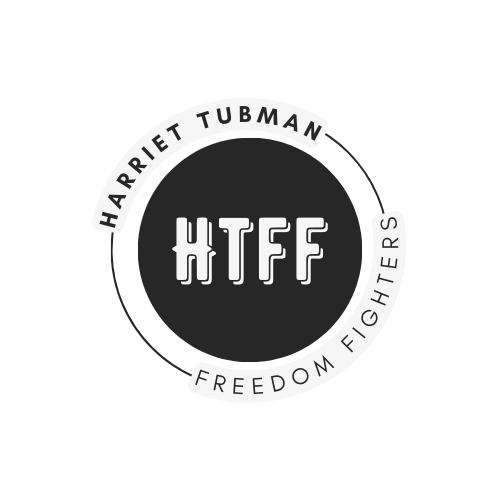Harriet Tubman History
She was channeling the spirit of Harriet Tubman, a runaway slave from Maryland, an American abolitionist and political activist. Liken to the estimated date of birth of my grandmother Arline McNeal, Harriet Tubman's date of birth is also calculated. Unlike my grandmother, Harriet was born into slavery. Around the age of Harriet’s owner rented her out to neighbors as a domestic servant. She escaped and made approximately 13 missions to free family and friends. She is called “Moses” for leading enslaved people in the South to freedom up North.
After an extensive campaign for a military pension, Harriet was finally awarded $8 per month widow pension. In 1899 she received $20 per month for her military service
Harriet Tubman a philanthropist continued to help find food, shelter and jobs in the North for freedmen. She supported herself and those she sheltered by selling produce from her garden. Harriet is considered the first Black freed slave to serve in the military.
She joined Elizabeth Cady Stanton and Susan B. Anthony in their quest for women’s suffrage. Harriet Tubman transitioned on March 10, 1913. She buried with military honors at Fort Hill Cemetery in Auburn, New York.
Harriet’s role as a conductor of the Underground Railroad gave her the intelligence needed to fight the institution of slavery. While in Boston, Massachusetts, Governor John Andrew recruited Harriet for an assignment performing humanitarian aid in South Carolina. She was assigned to the Union occupied in the Hilton Head area. As a soldier and spy for the Union Army during the American Civil War, Harriet Tubman became the first formerly enslaved Black person to lead an armed military operation in the Combahee Ferry Raid. She recruited a group of formerly enslaved people to hunt for REBEL CAMPS and reported on the movement of the Confederate troops freeing more than 700 enslaved people. When the Emancipation Proclamation went into effect. Harriet was in South Carolina as a volunteer for the Union Army. Harriet took a significant risk to help others emancipate themselves from enslavement.



